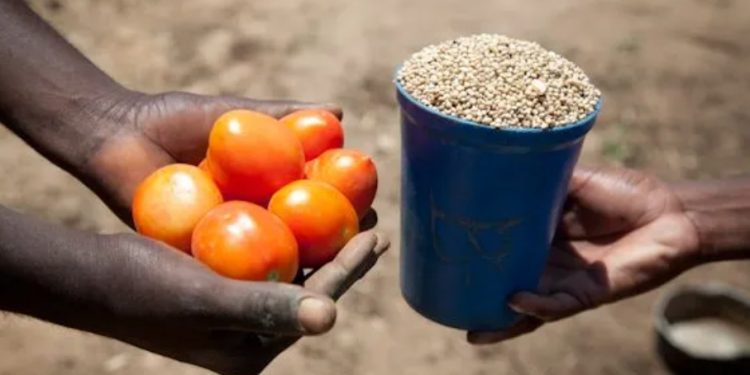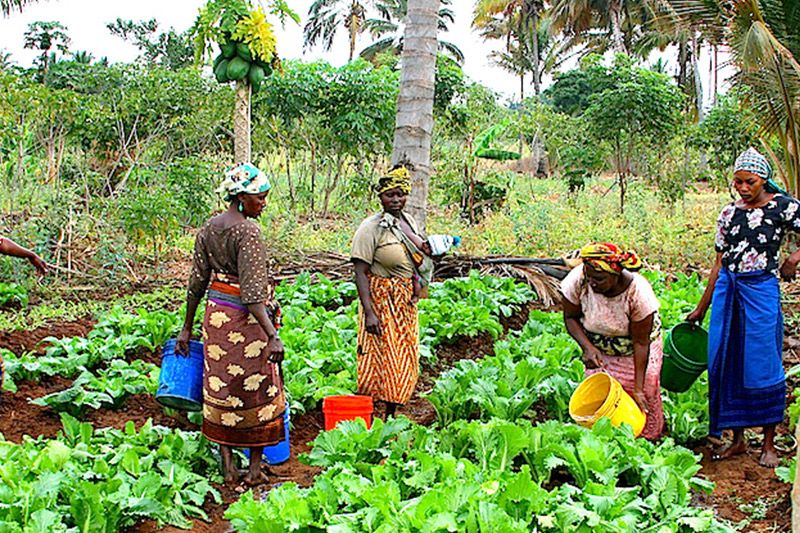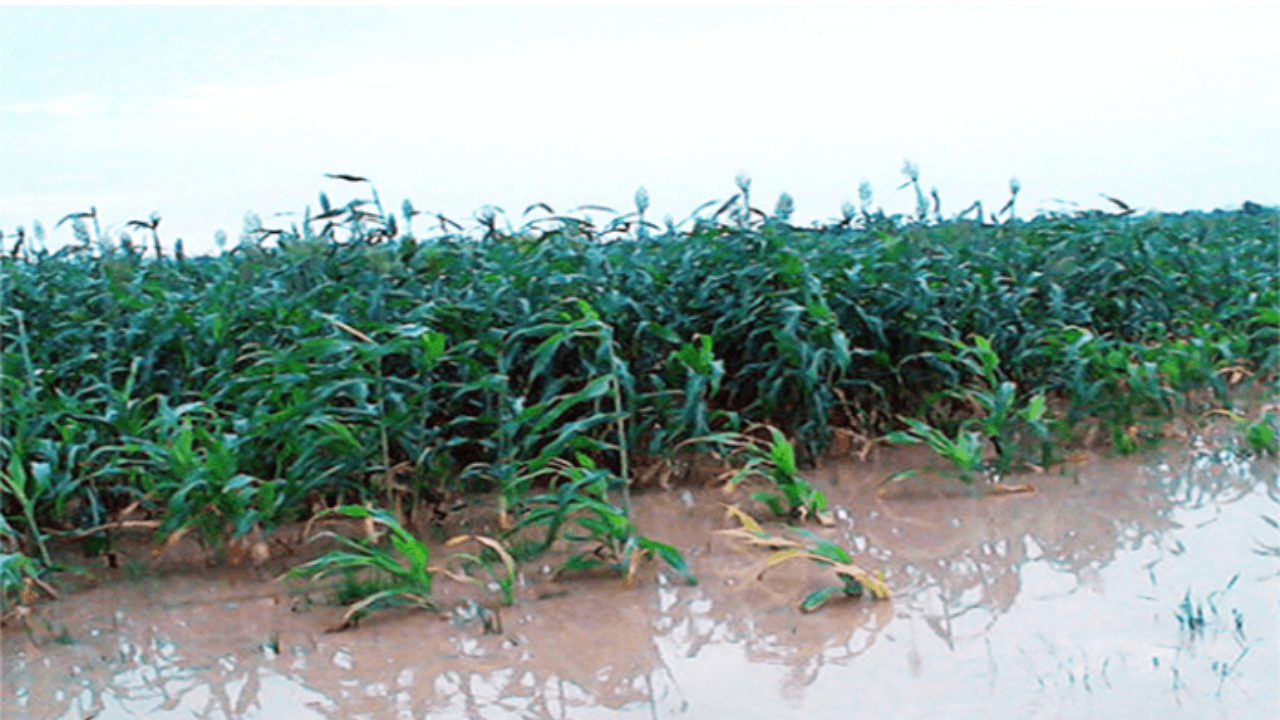By Dare Akogun
Many farmers, particularly those in remote villages, have reportedly switched to trade by barter to feed, following the cash crunch caused by the naira redesign policy of the Central Bank of Nigeria.
The All Farmers Association of Nigeria, AFAN, stated this in its latest findings which also indicated that farmers lost about N30bn due to the naira crisis, adding that all arms of the agricultural sector were hit by the “painful CBN policy.”
The President, All Farmers Association of Nigeria, Kabir Ibrahim, speaking about the findings to newsmen said that although the poultry sector was among the worst hit, other producers of agro-commodities also suffered severe losses.
He urged the CBN to increase the release of cash so that it could spread to villages and other remote areas across the country where farmers were practicing trade by barter.
“So we went back to the primitive age. But now we are beginning to have some respite, particularly in cities, and we hope it will spread to the interior villages. However, it was certainly a very painful decision that was taken by the government,” he said.
On the estimated loss which farmers incurred as a result of the cash crunch, the AFAN president explained that based on reports from various associations and members of the body, farmers across the country lost over N30bn due to the naira crisis.
According to him, “The policy caused so many hiccups, a lot of poultry farmers have over 10,000 crates of eggs that are unsold due to the cash crunch. However, we hope that the recent decision of CBN to release cash to banks will ameliorate the concerns.
“The losses were not only incurred by egg producers. The producers of vegetables, grains, and almost all facets of the sector were affected. Some farmers could only feed through trade by barter. That is how bad the situation is in some remote areas.
“Vegetable farmers who want grains, exchange their vegetables for the grains. Also, farmers of grains exchange their products for other crops, all in a bid to survive the hardship caused by the lack of cash for several months.
“We’ve recorded a loss of business, revenue, products, commodities, etc. I was the president of poultry farmers for five years and I know and work with various associations and members. From findings gathered by members and groups, it was discovered that farmers in Nigeria lost about N30bn,” he said.





